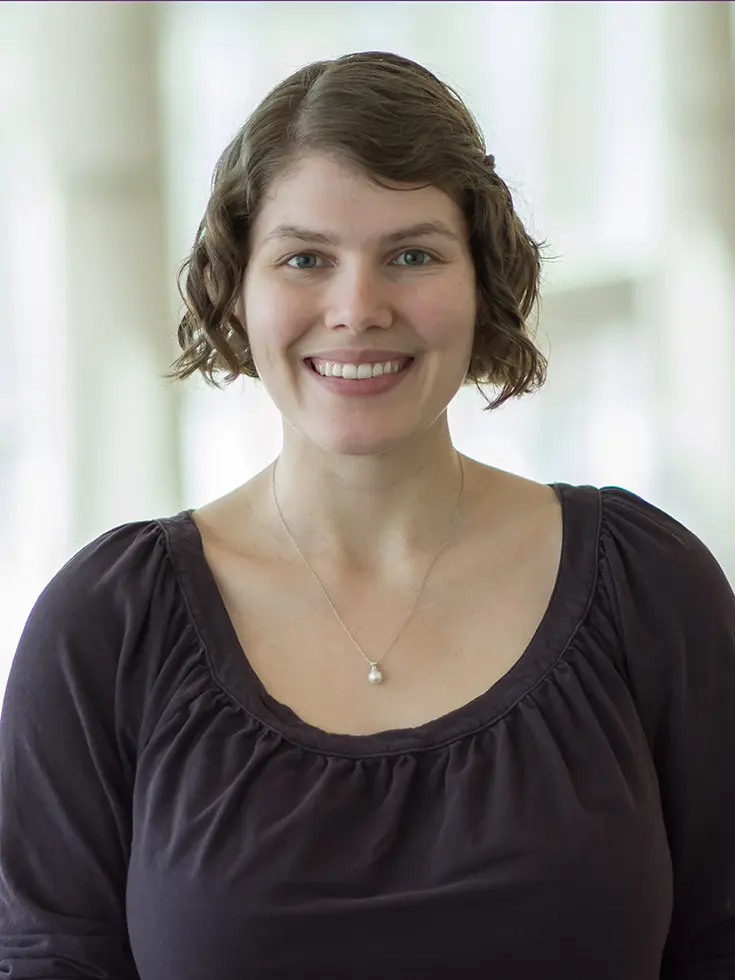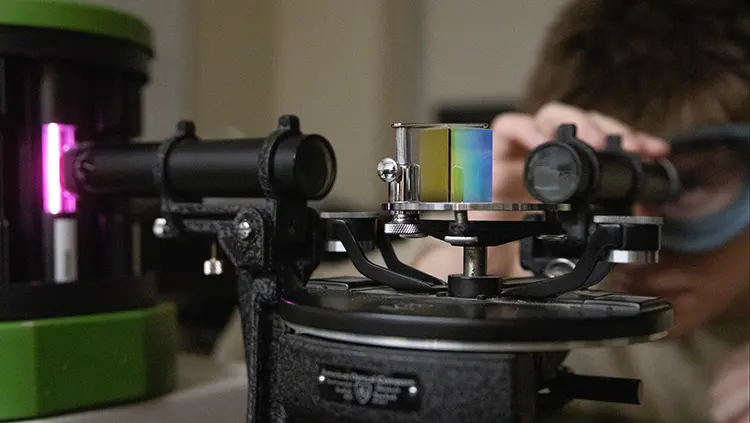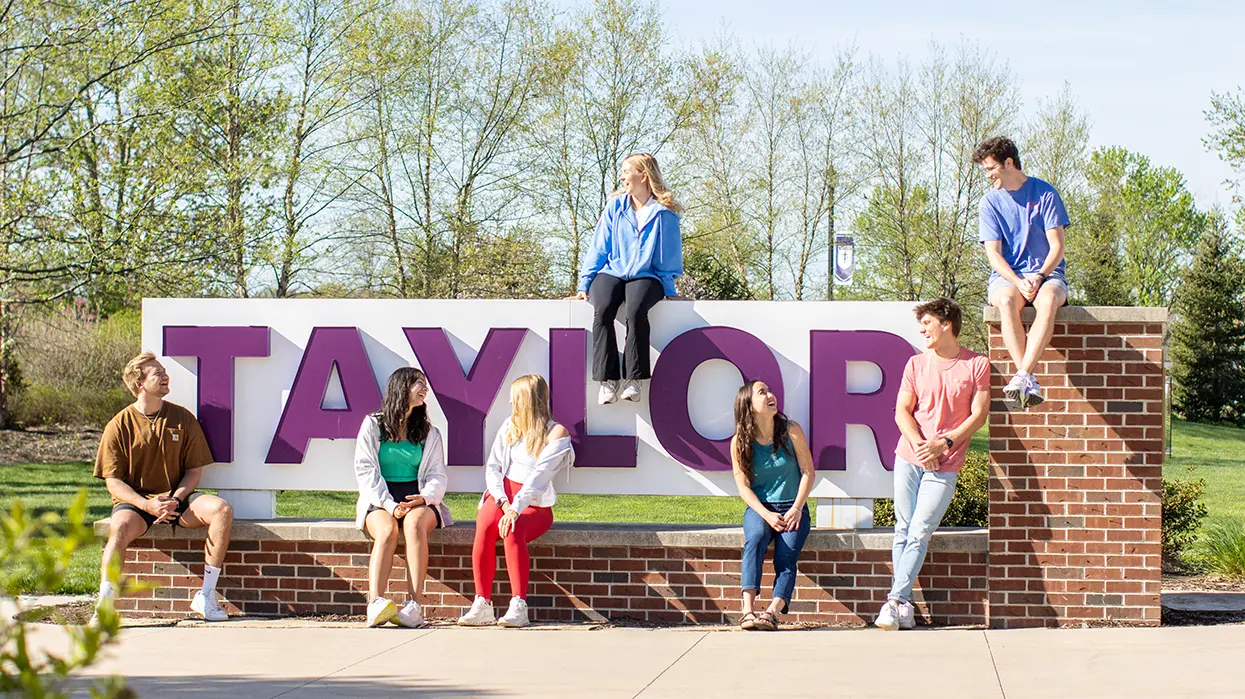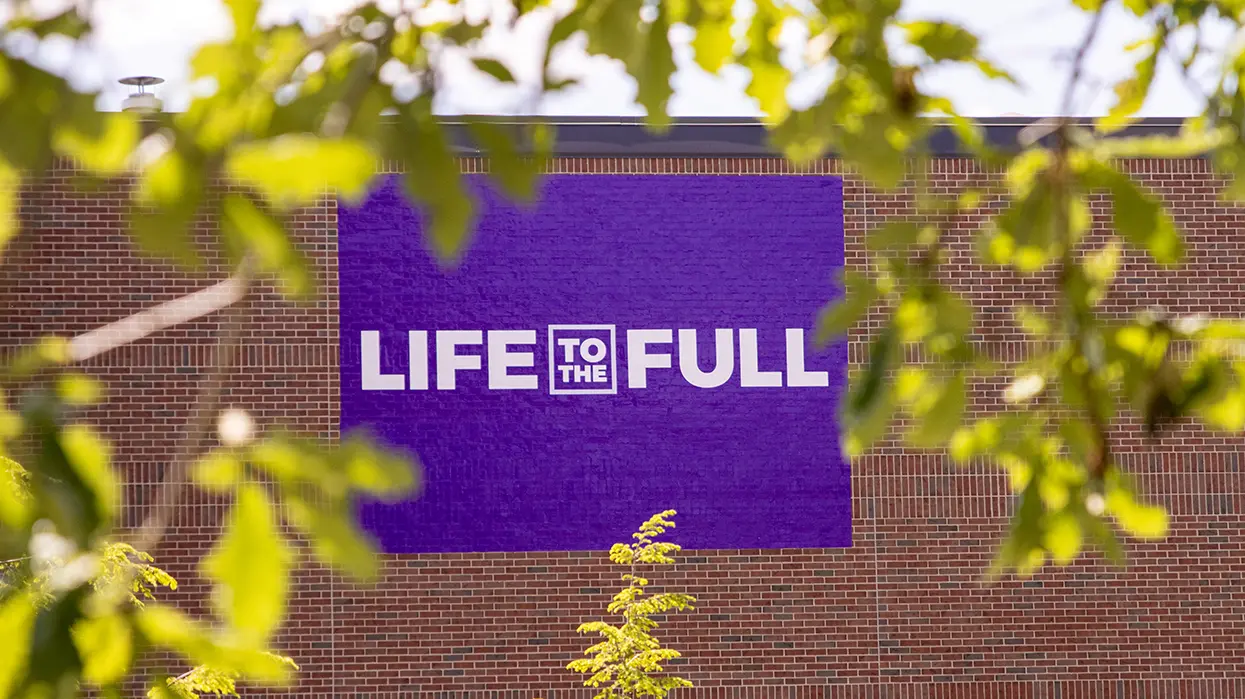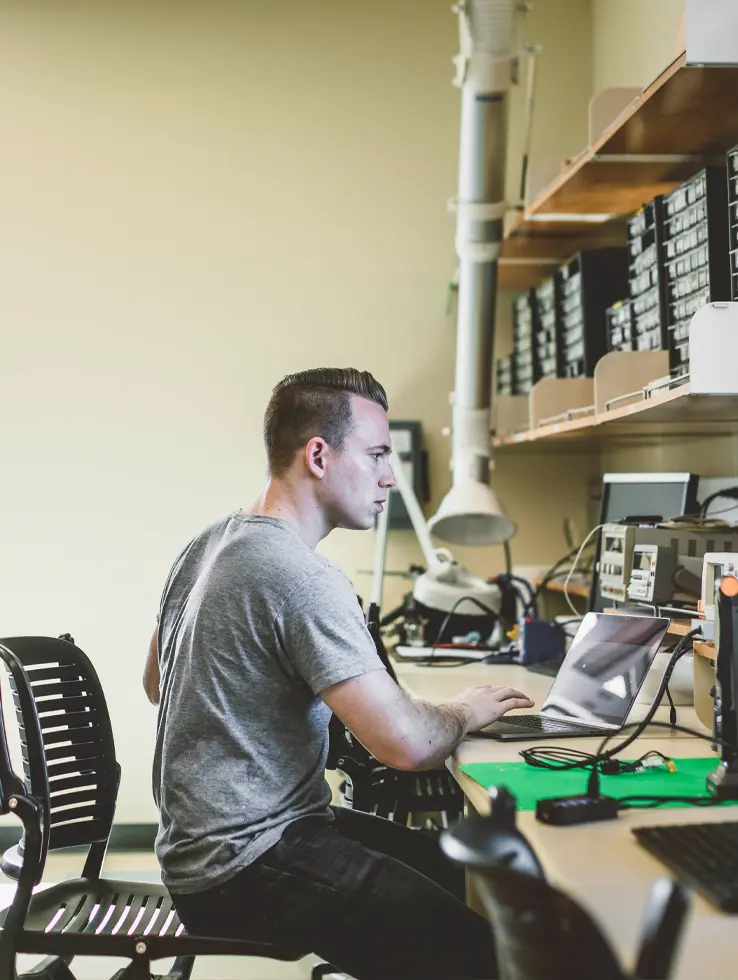Physics (Major/Minor)
Analyze the complex functions of the physical world—quantum mechanics, electricity, magnetism, waves, optics, and thermodynamics—in Taylor University’s Physics major.
In addition to in-depth Physics courses, students take advanced Mathematics classes. Hands-on labs and Physics research projects allow students to apply the principles and theories they study in the classroom. All aspects of the Physics curriculum come together to launch students into the future with prominent graduate schools, such as Johns Hopkins, MIT, and Stanford, or companies like CERN and RT Logic.
You’ll also gain research experience to prepare for whatever the future may hold. Juniors perform an advanced lab—a semester-long research project or experiment. You’ll collaborate with faculty to determine the project’s focus, design, and execution.
During January, seniors pursuing a degree in Physics participate in the senior capstone, another advanced research project. The project requires you to fully utilize your technical, analytical, and laboratory skills, as well as knowledge from coursework from previous years.


